Regional Workshop on Implementing the Biological Weapons Convention and Promoting Biosafety and Biosecurity in Southeast Asia
From 23 to 25 October 2024, UNRCPD co-organized a regional workshop in Shenzhen, China, to enhance the implementation of the Biological Weapons Convention (BWC) and foster biosafety and biosecurity practices in Southeast Asia. Supported by the Governments of China and Lao PDR, the workshop brought together 35 participants from ASEAN Member States and Timor-Leste, alongside regional and international experts, to share insights and enhance collaboration.
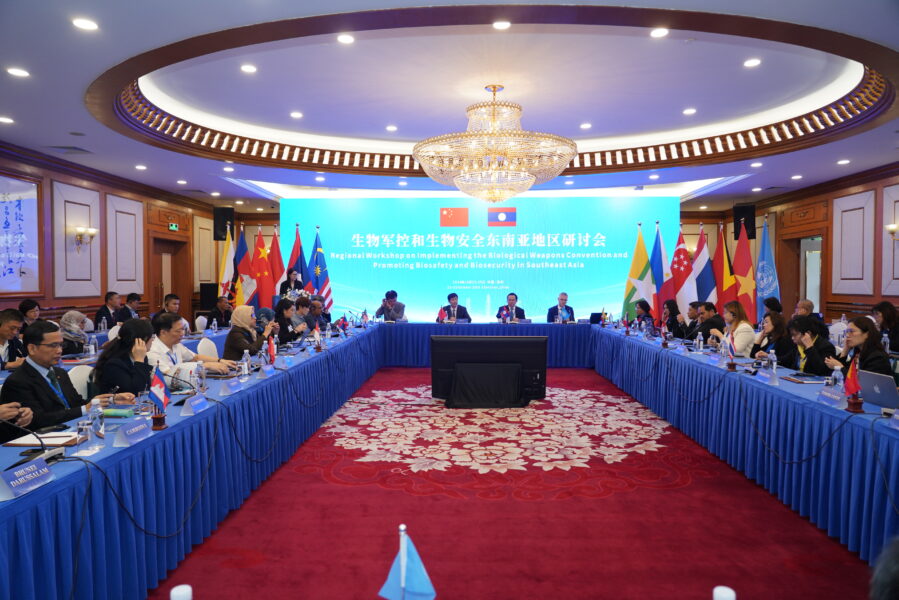
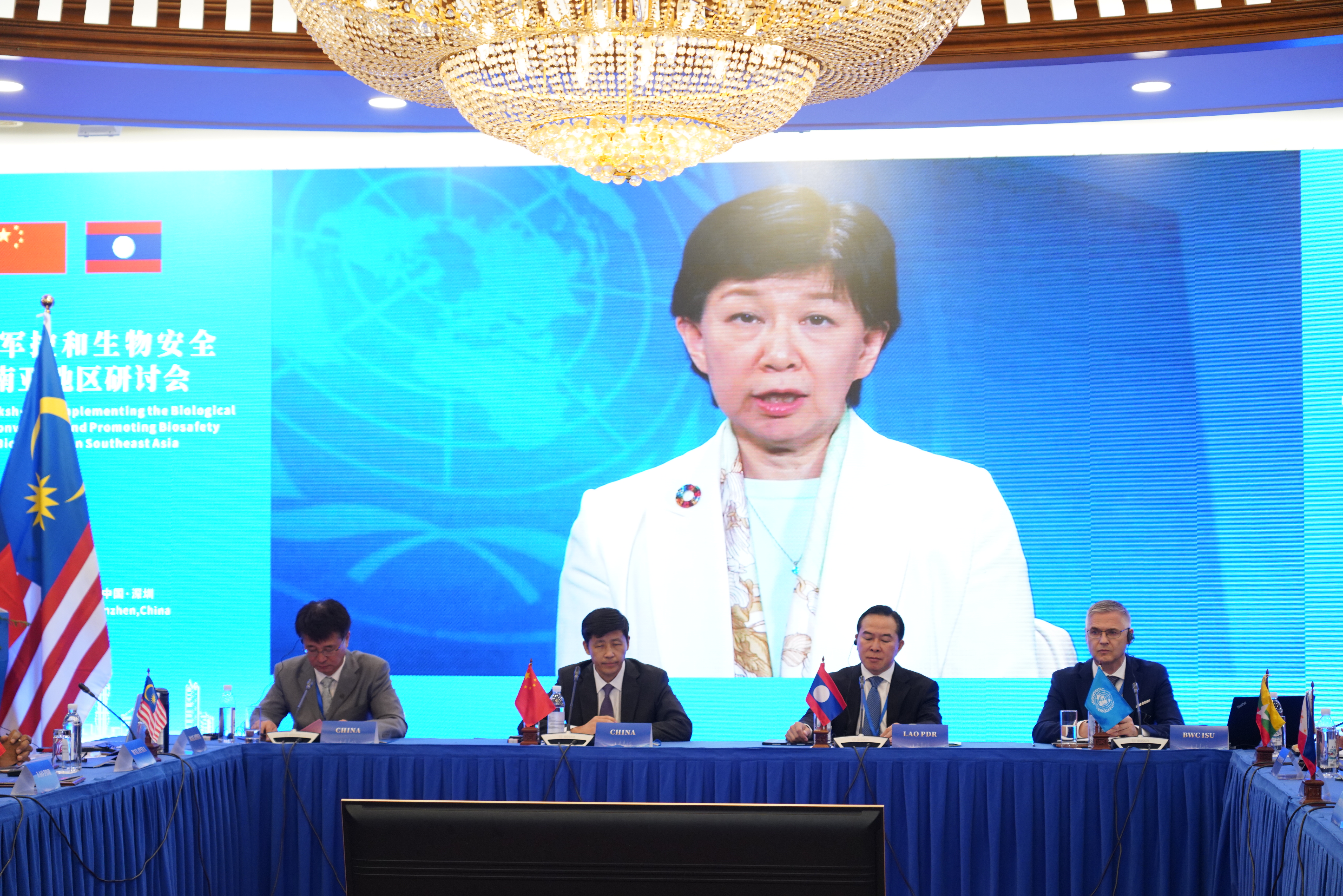
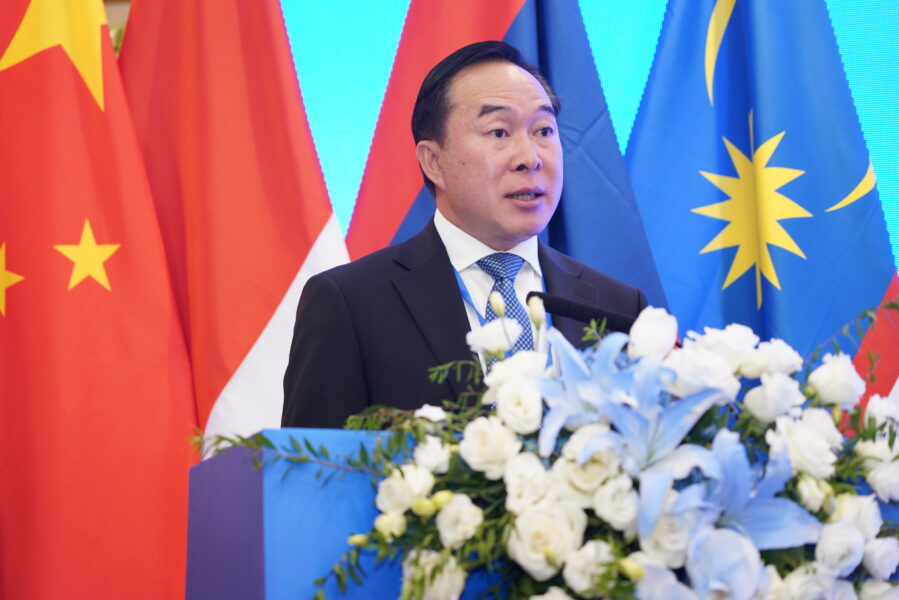
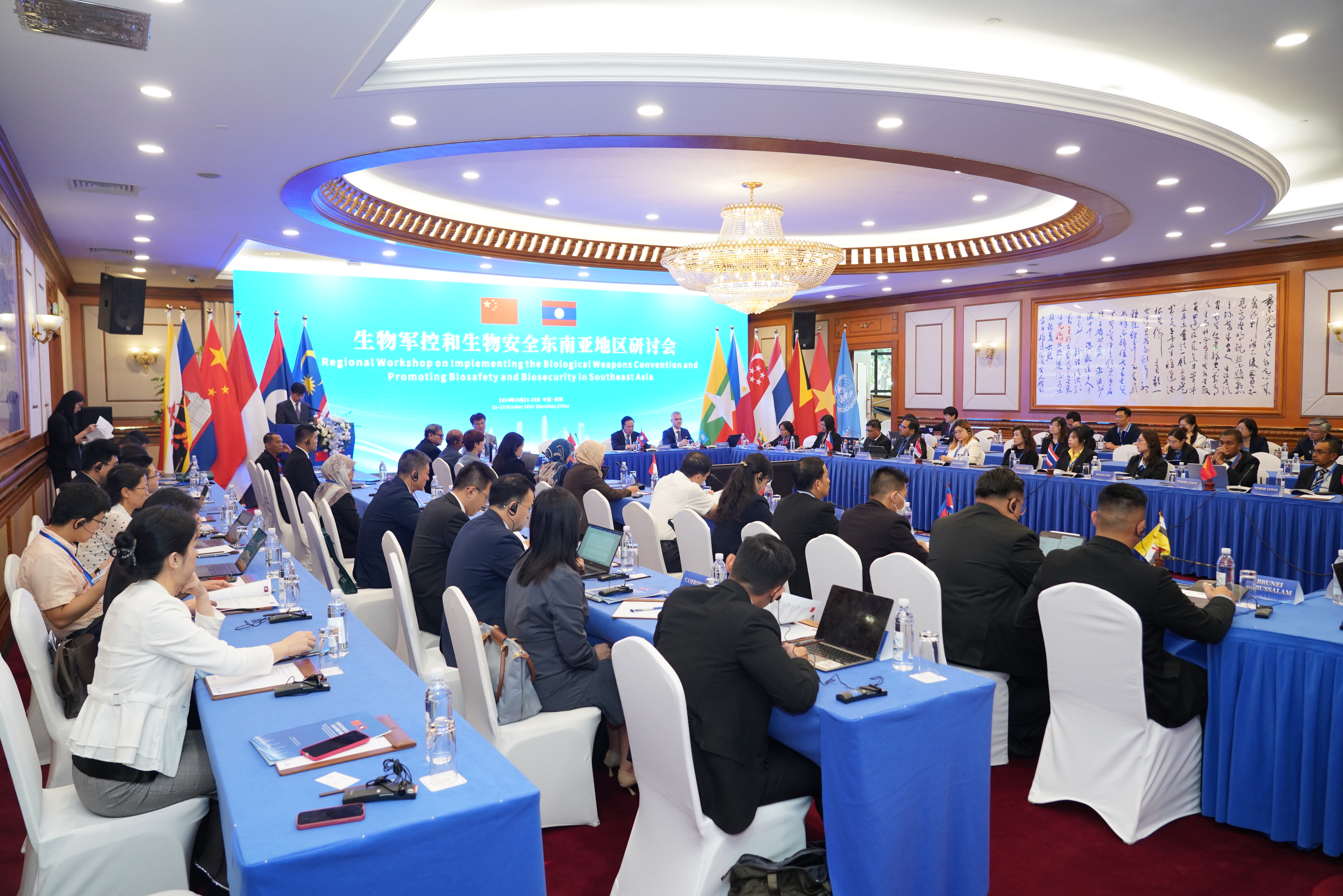
Opening remarks were delivered by Ms. Izumi Nakamitsu, UN High Representative for Disarmament Affairs (via pre-recorded video), Mr. Sun Xiaobo, Director General of the Department of Arms Control at China’s Ministry of Foreign Affairs, and Mr. Daovy Vongxay, Lao PDR’s Ambassador to Geneva, all of whom emphasized the critical role of regional cooperation in addressing biosafety and biosecurity challenges.
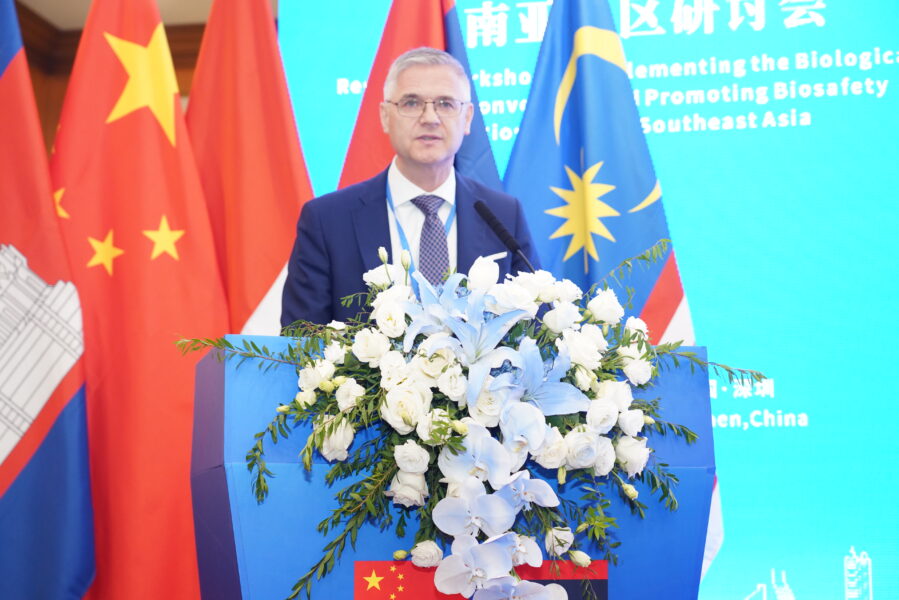
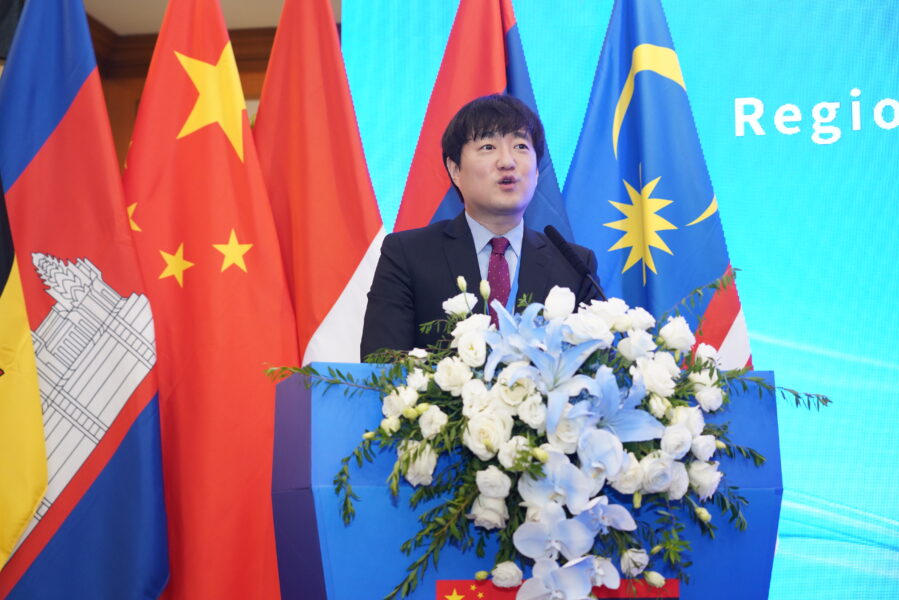
The first session focused on the Biological Weapons Convention and its implementation. The BWC Implementation Support Unit (ISU) introduced the Convention’s framework, highlighting its key features and current efforts to strengthen its implementation. UNIDIR presented tools such as the National Implementation Database, offering insights into Confidence-Building Measures (CBM) preparation. National representatives from ASEAN Member States, Timor-Leste, and China shared their experiences, while discussing challenges, priorities, and effective practices in domestic implementation. The session concluded with a practical exercise led by the BWC ISU, where participants explored the CBM platform and practiced preparing CBM reports, reinforcing their understanding of this essential compliance mechanism.
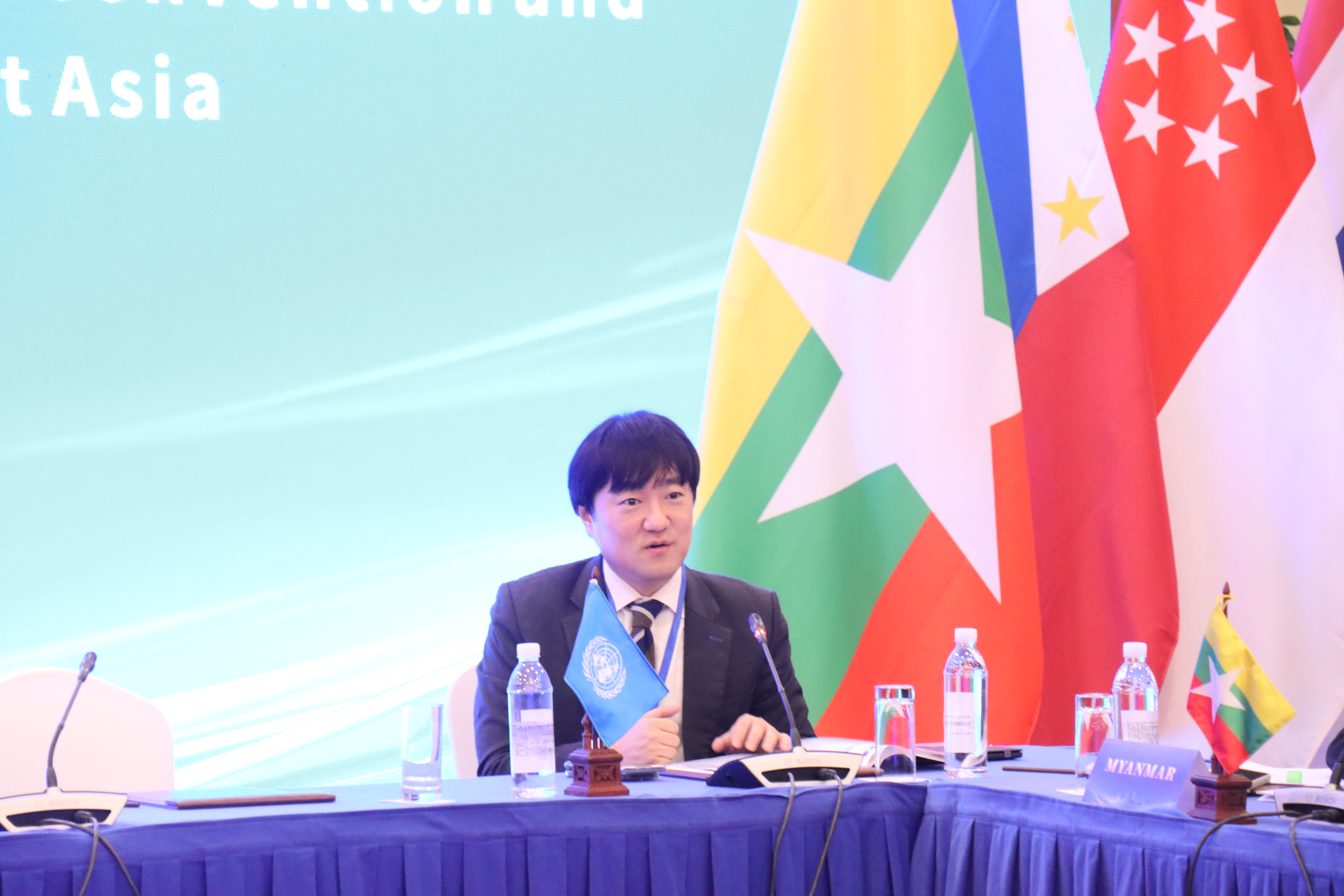
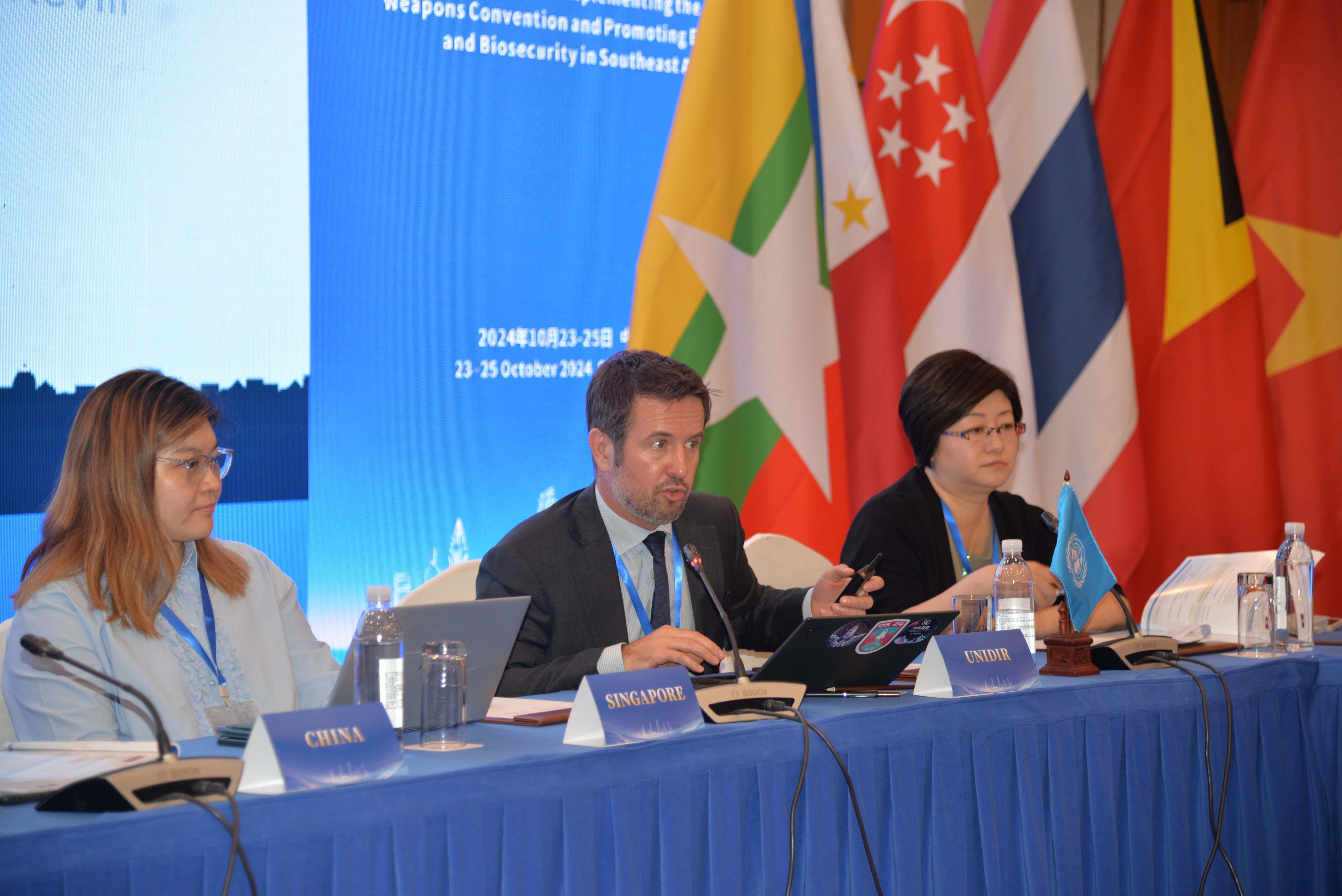
On Day 2, the second session focused on strengthening biosafety and biosecurity in the region. The first segment, moderated by Ms. Lyu Xin, Deputy Secretary General of the China Arms Control and Disarmament Association (CACDA), examined the implications of advances in science and technology for the Convention. A panel featuring experts from UNIDIR, the Chinese Academy of Sciences, and ASEAN Member States discussed global bio-economy trends, risks associated with scientific and technological progress, and their relevance to biosafety and biosecurity. This was followed by a segment on regional and international frameworks, moderated by UNRCPD, facilitating discussions with FAO, WHO, and WOAH. These sessions highlighted tools and mechanisms to strengthen biosafety and biosecurity across human, animal, and plant health sectors. In the final segment, moderated by Lao PDR, speakers from ASEAN Member States, Timor-Leste, and international agencies provided insights into establishing national biosafety and biosecurity systems, focusing on areas such as national legislation, export controls, and oversight in research and education.
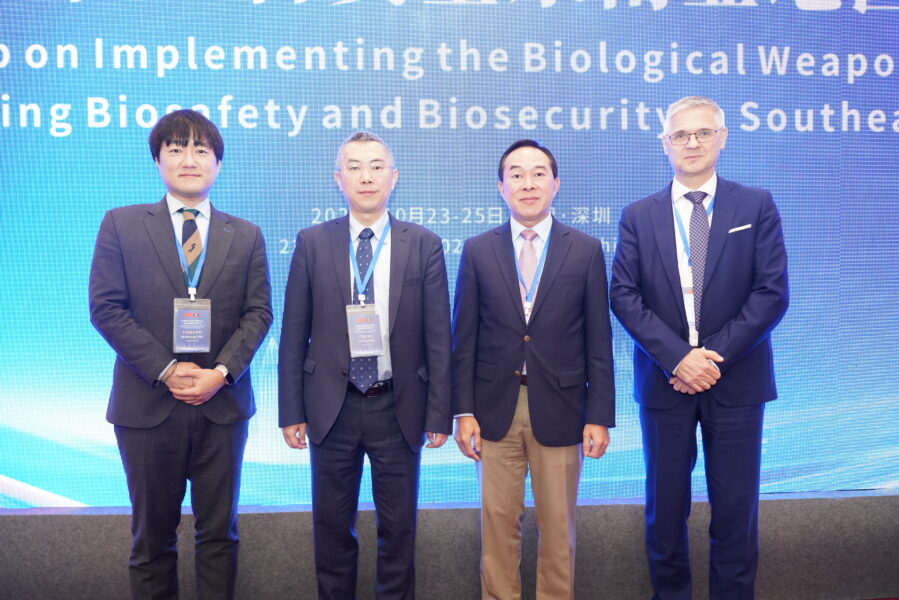
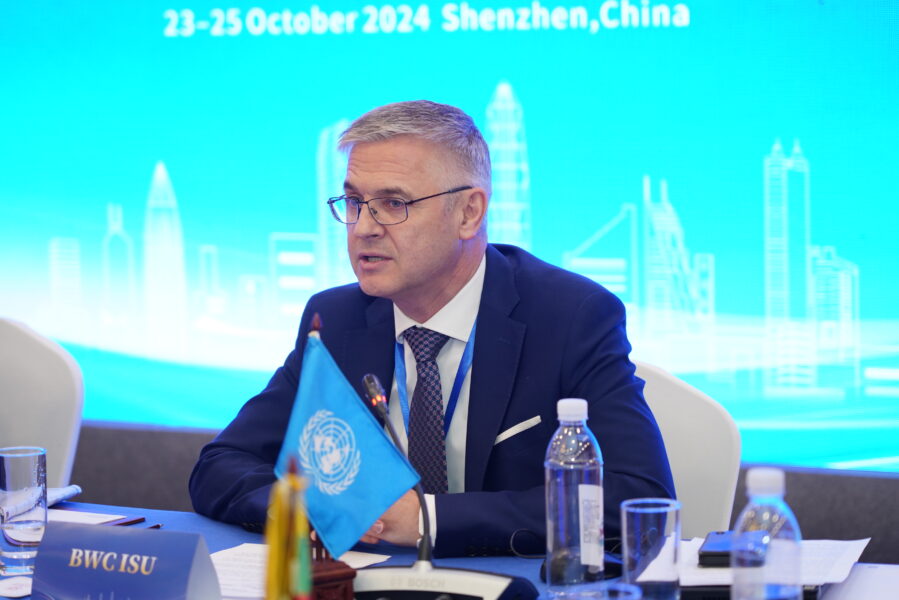
On Day 3, the third session, moderated by UNRCPD, focused on enhancing bilateral, regional, and international cooperation. Through group work facilitated by UNRCPD, participants identified their national implementation needs and proposed actionable strategies for strengthening regional collaboration. A panel discussion with experts from UNRCPD, the BWC ISU, and other international organizations shared updates on existing assistance mechanisms under Article X of the BWC and highlighted opportunities for further cooperation. This session concluded with group presentations, which emphasized the value of regional networks in addressing common challenges and advancing the BWC’s objectives.
The workshop wrapped up with a summary of key takeaways and closing remarks by representatives from BWC ISU, China, and Lao PDR, underscoring the significant progress made during the three-day event. (UNRCPD’s active participation in the workshop, particularly in Sessions II and III, reinforced its role in promoting regional cooperation and innovative solutions for biosafety and biosecurity challenges……) This event underscored the importance of collective efforts and strengthened partnerships in fostering sustainable progress in biosafety and biosecurity, ultimately contributing to a safer and more secure Southeast Asia.
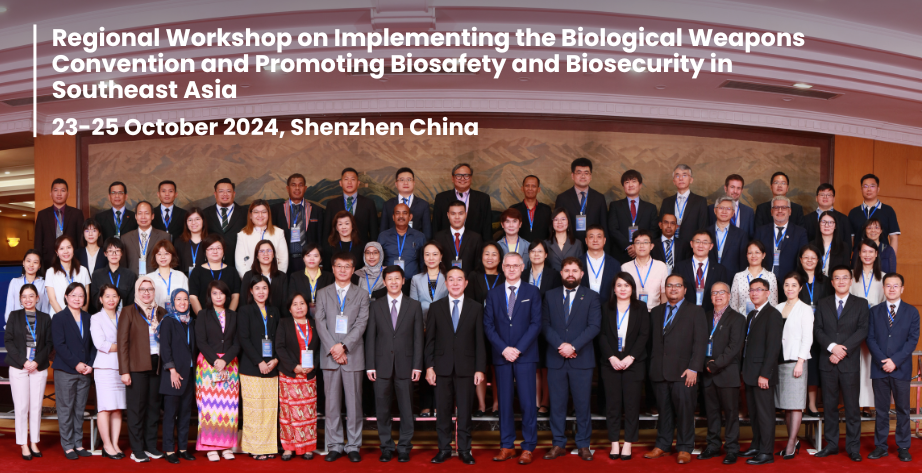
For more information about the workshop and future initiatives, please reach out to unrcpd-info@un.org.

